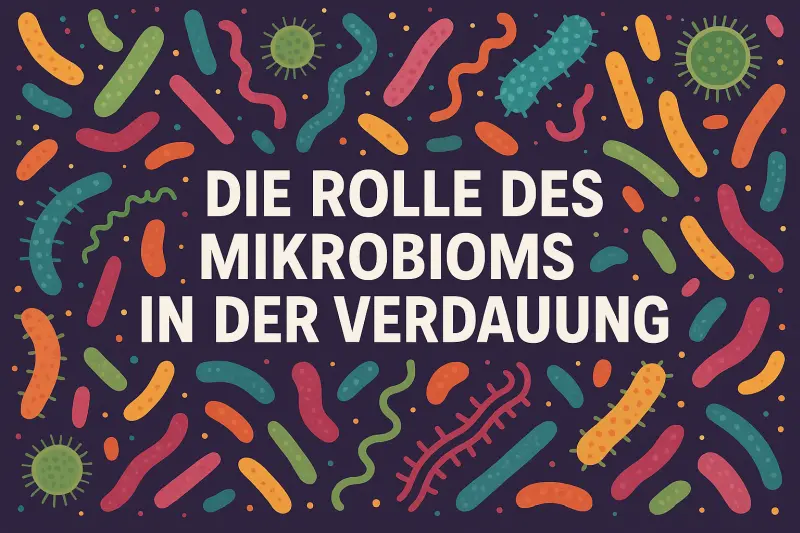
Diet: reality or illusion
Can a change in diet succeed without discipline and control?
If we want to get to grips with the process of change, we first need to think about the motivation behind the need to be different. When it comes to changing eating behavior, it often involves a critical attitude towards one’s own body weight. New concepts for weight reduction have been published regularly for decades. All of the paths shown are based on the illusion that sustainable change can be achieved through discipline and control. The reality, however, is that almost all people who have chosen this path have a significantly higher weight years later than at the beginning of their efforts. Terms such as “yo-yo effect”, “change in basal metabolic rate”, etc. are representative of failure.
Nutrition and social behavior are inextricably linked
Why is it actually so difficult to change your diet, even though this need was based on a clear decision of will in the beginning? We receive the first imprint of our eating behavior in our first days of life. The understandable need of parents of an infant to be able to sleep through the night again leads to the baby being strategically breastfed or fed. This is the first step in establishing the phenomenon of “meal and time” in the child’s subconscious. Further eating education is, of course, essentially early childhood, and therefore a more subconsciously determined behavior. We also associate a feeling with every food. Another obstacle to the planned “diet” is that nutrition and social behavior cannot be separated from each other.
The subconscious is more powerful than the conscious mind
However, the forebrain, which developed much later in evolutionary history and gave us the ability to reflect, plan strategically and act consciously, is much less powerful than the subconscious. Neurologists and social researchers assume that people act from the subconscious 95-98% of the day. The almost unbelievable statement that the processing power of the subconscious mind is a million times higher than that of the conscious mind certainly serves as an explanation for the difficulty in changing.
Mistakes are not wrong, but valuable experience
In our day-to-day work, we usually meet people who want to change their diet due to serious physical complaints. Diseases such as migraine, chronic inflammatory bowel disease, neurodermatitis, rheumatic complaints, etc. cause a very high level of suffering. The need for change is often of an existential nature for these people. It should be assumed that under such extreme conditions, suffering alone provides sufficient motivation to make lasting changes to eating behavior. We have been supporting people with such pronounced complaints for over 30 years. Here, too, we have observed that the diet concept generally fails. During the consultation process, we point out that the change in diet should be seen as a self-awareness program. Of course, it is necessary to implement the Cytolisa nutrition program consistently until there is a clear improvement in the symptoms. This can be achieved after just 3 days, but usually only after 2-4 weeks. This relatively quickly achieved sense of well-being very often causes our clients to fall back into old patterns the next time they are invited to visit friends or a restaurant. The consequences are generally very painful and are seen as a mistake by the client. In counseling, we often hear the phrase “I have sinned”. The astonishment at our statement “There is neither sin nor error in this process” almost always triggers disbelief. Our upbringing has taught us to be self-critical and to always evaluate our behavior as wrong or right. The so-called mistake, however, is just as important as the salutary experience beforehand. The learning process is only complete in the polarity of positive and negative body sensations. These experience loops are an essential part of the process of change.
Initiating changes in the subconscious
The approach sounds logical and coherent, but there are essential prerequisites for success in the process of changing your diet. First of all, we need to be mindful before every meal. Any automatic behavior sabotages development. Our natural tendency to immediately self-critically assess our eating behavior in the context of changing our diet is not supportive, because this inner dialogue does not provide the subconscious with any new impulses. Non-judgmental perception appeals to the body’s intelligence and supports the process of change. If I only perceive the consequences of my eating behavior physically and do not deal with them cognitively, it is possible to initiate decisive changes in the subconscious.
Every experience is important
This is not a quick process. After more than 30 years of consciously dealing with my eating behavior, my personal experience shows me that slip-ups are always possible. Old imprints are particularly sustainable at family celebrations. Here again, it is important to remember that you cannot make mistakes. Every experience is important.
Recorded by Hartmut Tulaszewski





